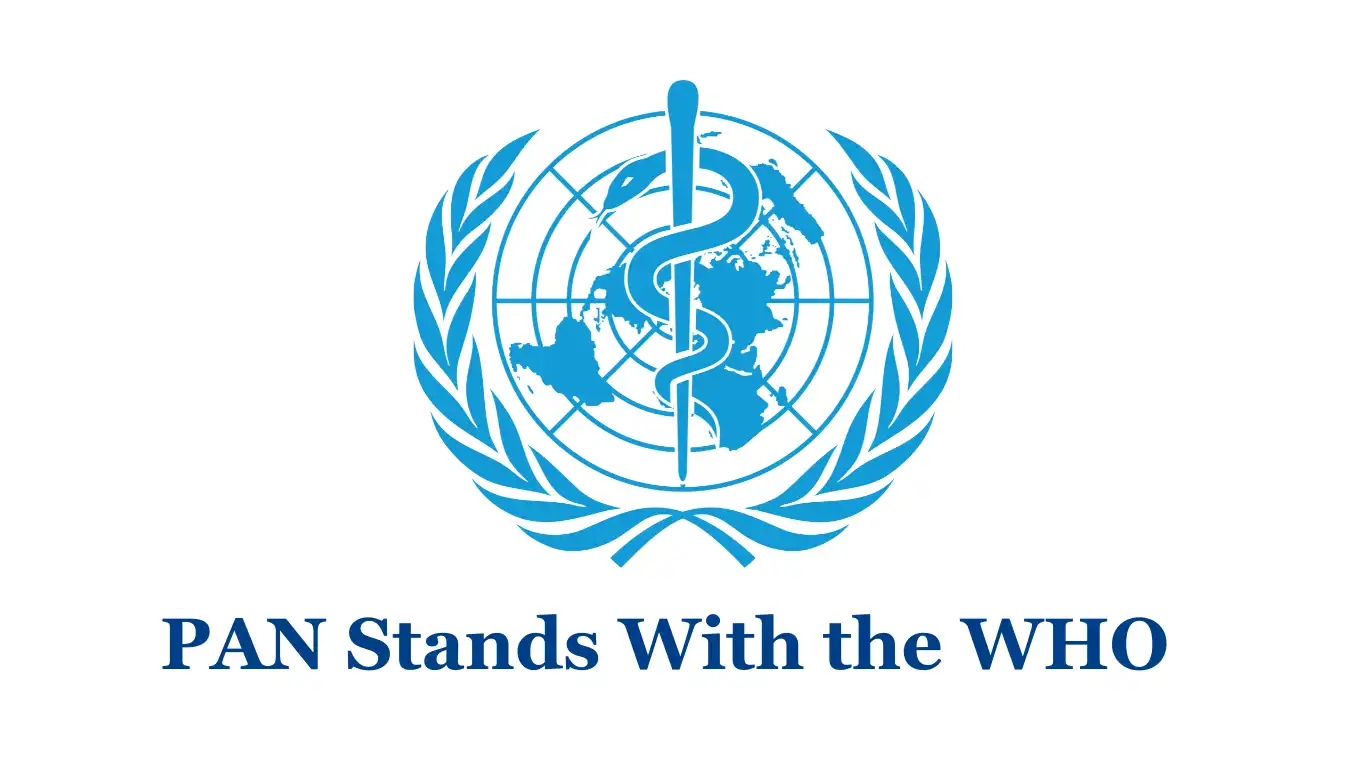Today, as the world reaches a grim milestone of six million official deaths from the COVID-19 pandemic and as Russia wages war in Ukraine, world leaders gathered at the Global Pandemic Preparedness Summit to address what we must do better to prevent and prepare for pandemic threats. The Summit, organized by the Coalition for Epidemic Preparedness Innovations (CEPI) and the U.K. Government, represented a critical opportunity for global leaders to prioritize pandemic preparedness and support CEPI’s groundbreaking 5-year plan to develop life-saving vaccines to help prevent a crisis of similar scale to the COVID-19 pandemic, including its 100 Days Mission to develop safe and effective vaccines in 100 days following an outbreak.
Pledges of financial and political support were made in nearly equal measure with a total of 13 countries and 2 philanthropic donors pledging US$1.54 billion to CEPI’s US$3.5 billion five-year plan. Japan’s announcement of US$300 million made it the largest contributor, followed by the U.K. in addition to commitments from Australia, Austria, Finland, Germany, Indonesia, Italy, Japan, Mexico, New Zealand, Norway, Singapore, and the U.S.
At least nine other countries (Brazil, Canada, Greece, Kuwait, Lithuania, Nigeria, South Korea, Spain, and Switzerland) and the European Commission expressed their support, though no specific financial contribution was mentioned.
While this is a welcome and important first step toward a world that is better prepared for pandemic threats, it is disappointing that many governments failed to match political support with bold and meaningful financial commitments. The COVID-19 pandemic showed us that the world is ill-prepared to prevent and respond to a pandemic caused by a novel respiratory pathogen. The pandemic research and development (R&D) system as it exists does not work to address the challenges of emerging infectious diseases. As we look toward year three of COVID, we are already witnessing the familiar and costly cycle of panic and neglect around pandemics spinning into motion. CEPI’s plan to reduce vaccine development time to 100 days is one in a set of critical measures to get ahead of the cycle of panic and neglect and avoid another trillion-dollar pandemic that needlessly costs millions of lives and livelihoods.
Eloise Todd, Pandemic Action Network’s co-founder, said:
“While today’s commitments of over US$1.5 billion to CEPI are a welcome and strong start, they are not enough. The COVID crisis showed us that the vaccine R&D system as it exists cannot meet the challenges of emerging infectious diseases before they cause severe damage, nor can it ensure all people everywhere have equitable access to the tools and technologies they need to curb a global health emergency. Leaders can avoid repeating past mistakes and build a system that is forward looking and equitable. Fully funding CEPI is an impactful way to do just that. An investment in CEPI is a fraction of the trillions lost to pandemic response and an investment that pays a multitude of dividends. We expect key global leaders to step up in the coming weeks to align their financial commitments with their political commitments, and make a fully-funded CEPI a reality.”
Pandemic Action Network and its network of over 250 partners will follow up closely on the actions of governments, philanthropies, and decision makers who have expressed their commitment to this goal, especially those key global leaders who can convene other governments, rally support, and mobilize resources. Building on the strong momentum from the Global Pandemic Preparedness Summit, concerted action from world leaders in the coming months will be crucial to fully fund CEPI and ensuring the COVID crisis leaves a legacy of pandemic preparedness.



